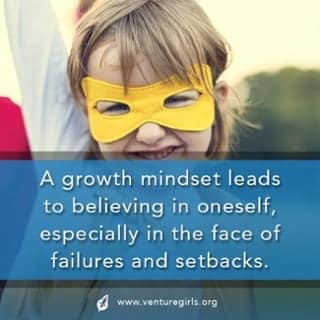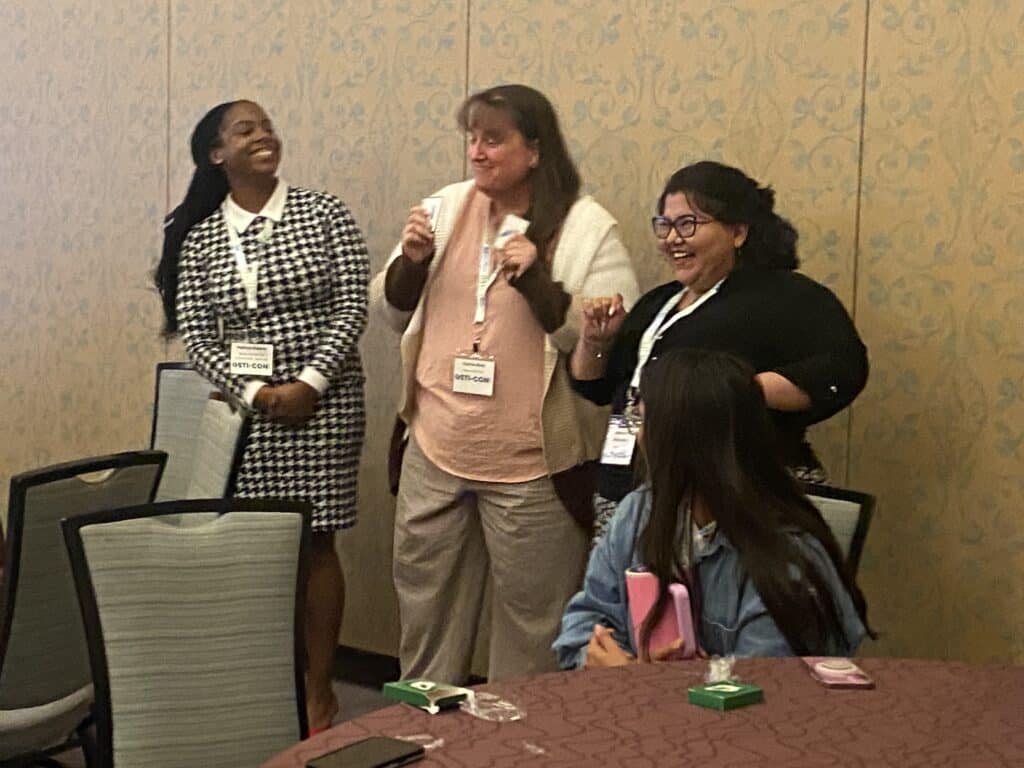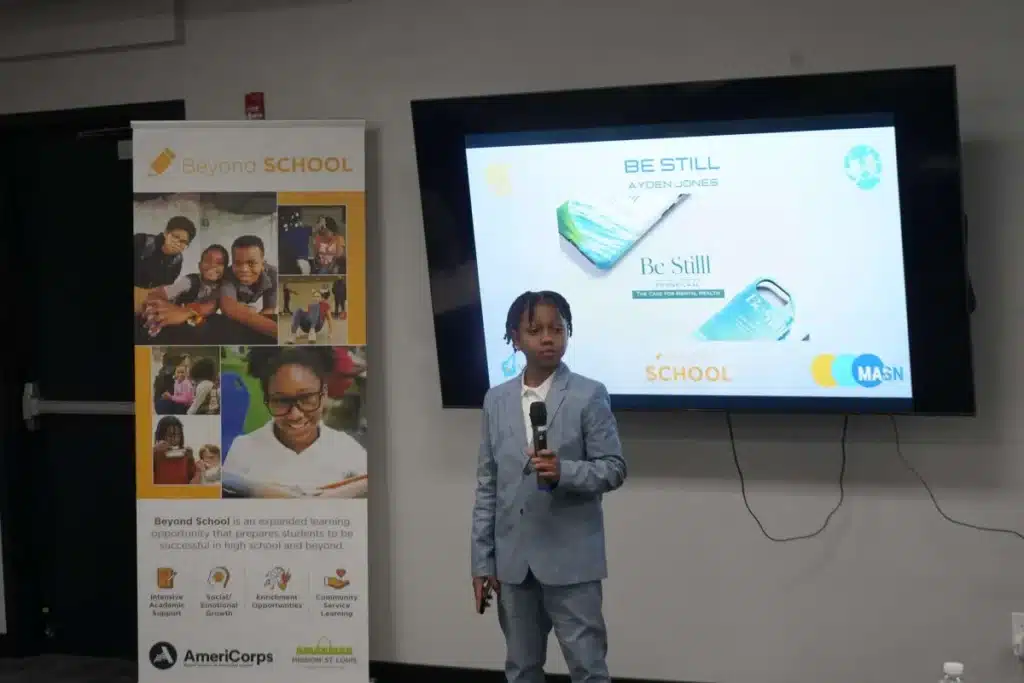When we encourage girls to change their mindset, rather than simply to get good grades, we open up a world of possibilities for them.
In my last post, we looked at the importance of encouraging girls in math by understanding the differences in their brains and those of boys. I began to describe a study that the noted psychologist Carol Dweck, an expert in motivation, personality and development, created with colleague: An eight-week series of workshops where educators learned how to teach middle-school children study skills, the workings of the brain, and how the brain can become stronger when children tackle challenging tasks.
You might ask whether an eight-session intervention can really change behaviors. The answer is a resounding yes.
The thing is, children are often bombarded with conflicting do-and-don’t messages from adults, from parents, teachers, and a host of authorities. To anyone who has experienced a child who is shutting out messages—and that includes most of us—the study’s results were astonishing.
Those students who learned the theory that “the brain can change” earned better grades throughout the remaining school year by a factor of 0.3. In simple language, that means a student who might have made a C+ now made a B-, for example. An A- would become a solid A.
In fact, months after the memory of the individual lessons had dimmed, the children who were taught these concepts continued to apply what they had learned about the potential of their own brains. By contrast, the children in the other control group showed no similar rise in grades or a corresponding change in attitude toward their potential.

This demonstrates a phenomenon known as the exacerbation cycle.
Consider a subject such as math. In an exacerbation cycle, a student who makes a bad grade concludes that she’s not good at math. She gives in to negative thinking, begins to perform even more poorly and from then on her experience with math continues on a negative trajectory.
Fortunately, the opposite is also true. Students who learn that intelligence is not fixed, that they can grow their abilities with effort, may not only perform better and become smarter, they can actually learn to have grit. A growth mindset leads to believing in oneself, especially in the face of failures and setbacks.
I’d love to hear from you about your experiences in working or living with children who shut out the messages that you’re trying to send to them. What was the outcome of this? I appreciate your comments. Thank you for sharing.




